Takashi Miike: The interview
As '13 Assassins' comes to DVD, we chat to a J-movie legend
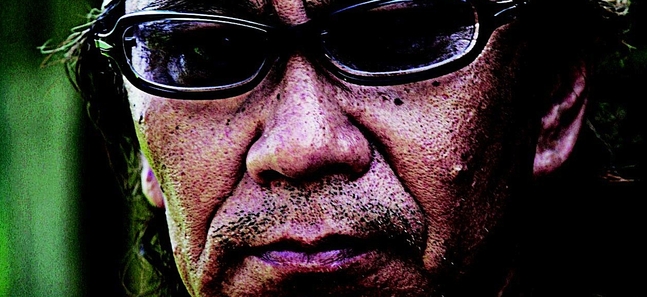
Takashi Miike on the set of '13 Assassins'. Photo courtesy of Magnet Release
Posted: Fri May 06 2011
Takashi Miike is one of the world’s most prolific filmmakers, having made an average of three films a year since 1991. He is best known internationally for his 1999 J-horror shocker Audition and his gleefully violent Manga adaptation, Ichi the Killer (2001), though he prides himself on not being shackled to a genre or audience. His latest samurai film, 13 Assassins was premiered to acclaim at the 2010 Venice Film Festival, while his next, Hara-Kiri: Death of a Samurai, has a competition slot at the upcoming Cannes Film Festival.
'13 Assassins' is a remake of a 1963 film by Eiichi Kudo. Do you recall the first time you saw it?
The film was released when I was three years old, so I didn’t see it when it first came out. It’s a popular work among samurai movie fans. When I was locked in to the remake, I watched the original for the first time. What impressed me was the power and energy that the film industry in Japan had at that time. But what saddened me was the sense that we had lost the ability to make films like this. We didn’t have any stunt horses in Japan when we started this film. Over half of the 13 assassins had never held a sword.
Do you see yourself as a connoisseur of samurai stories?
Not really. I can honestly say that I have probably watched fewer films than any director in the world. Sure, I like to go out and buy a beer and drink it while watching a movie on a Friday night. But watching a movie for work? As a reference? No thanks.
When you talk about old-fashioned Japanese filmmaking, the work of Akira Kurosawa comes to mind.
It was important for me to make the film in an old style and not rely on modern day techniques like CGI or flashy editing. And no romantic subplots! Over the years, people have remade Kurosawa movies but have failed because they’ve been unable to adapt the story so that young audiences can appreciate it. Plenty of young people came to see 13 Assassins and enjoyed it, but I imagine they had to work a little harder than they usually do.
It was made in collaboration with British producer Jeremy Thomas, a great champion of Asian cinema.
I don’t think I can say enough about how important Jeremy was to this film. I first met him at Venice when we presented Sukiyaki Western Django in 2007. He said, 'I haven’t seen all your films, but I’ve seen enough of them to know that you make great movies. Here’s a book that I own the rights to – I want you to make it.' I was floored. He was so cool! He was very helpful with the script and in the edit. At the same time, he did what all good producers do: keep the people who were trying to interfere off my back.
You work at an incredible rate. Are you usually planning your next film while making the current one?
I plan the next film during postproduction. I don’t allow myself to think about the next one while shooting. I am often asked what the average shoot time is for me. I used to shoot a lot of films in two weeks. Audition was three weeks. I don’t aim to make lots of movies. It’s just my pace. Since 13 Assassins, I have made two, a children's ninja school action film called Nintama Rantaro and an orthodox period piece like 13 Assassins called Hara-Kiri: Death of a Samurai.
13 Assassins is released on May 27 on DVD and Blu-ray
Tweets
- About Us |
- Work for Time Out |
- Send us info |
- Advertising |
- Mobile edition |
- Terms & Conditions |
- Privacy policy |
- Contact Us
Copyright © 2014 Time Out Tokyo










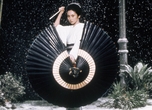
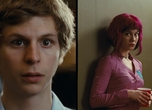
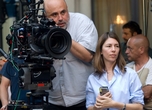
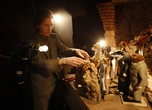
Add your comment